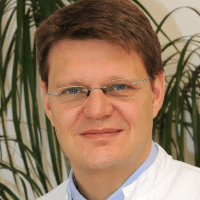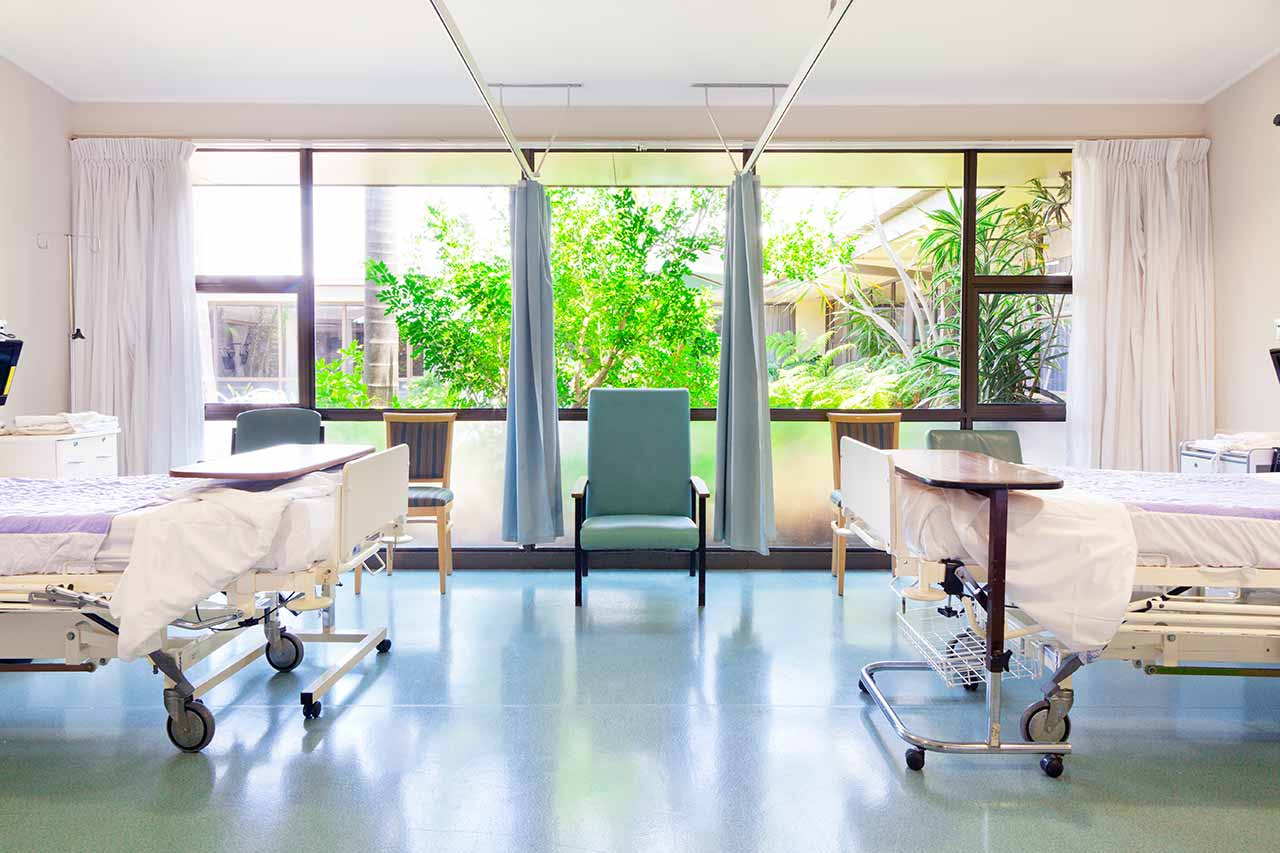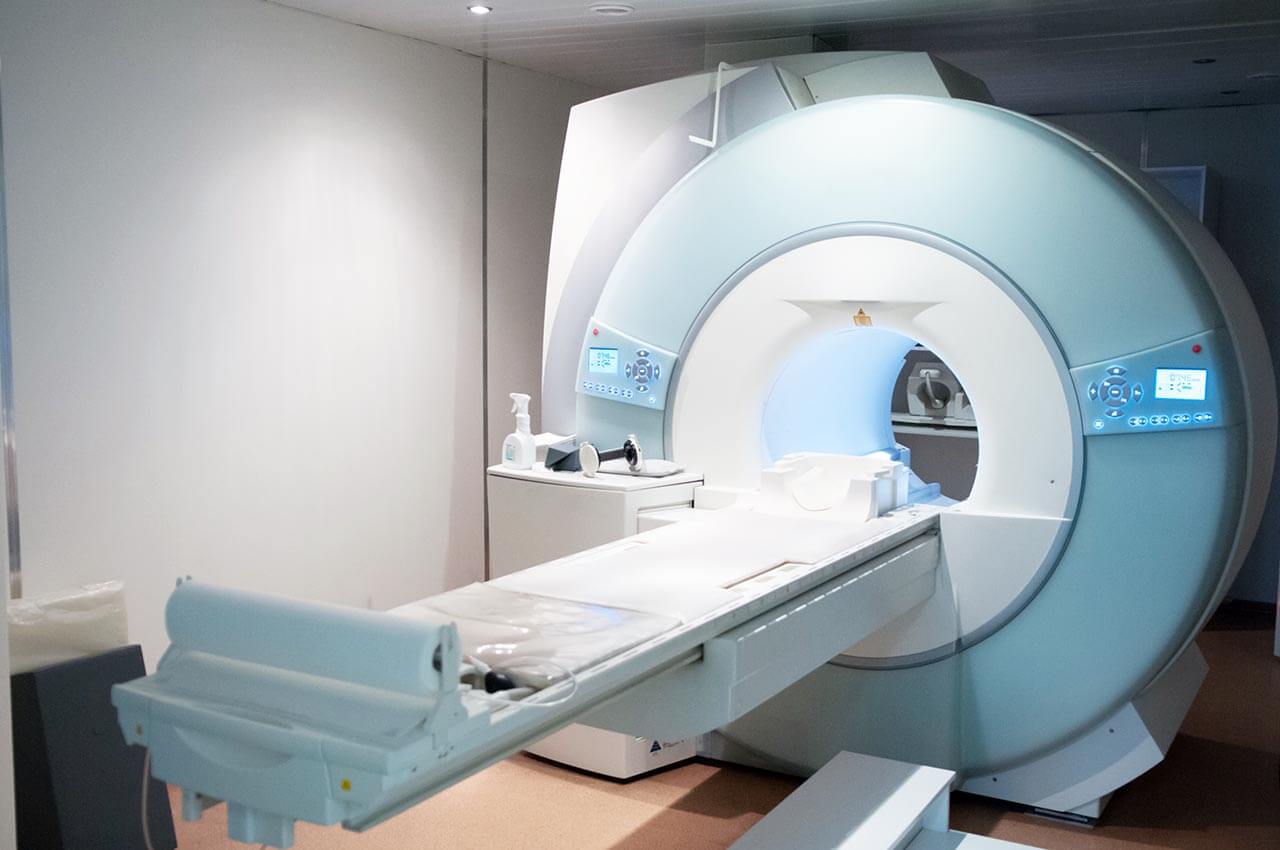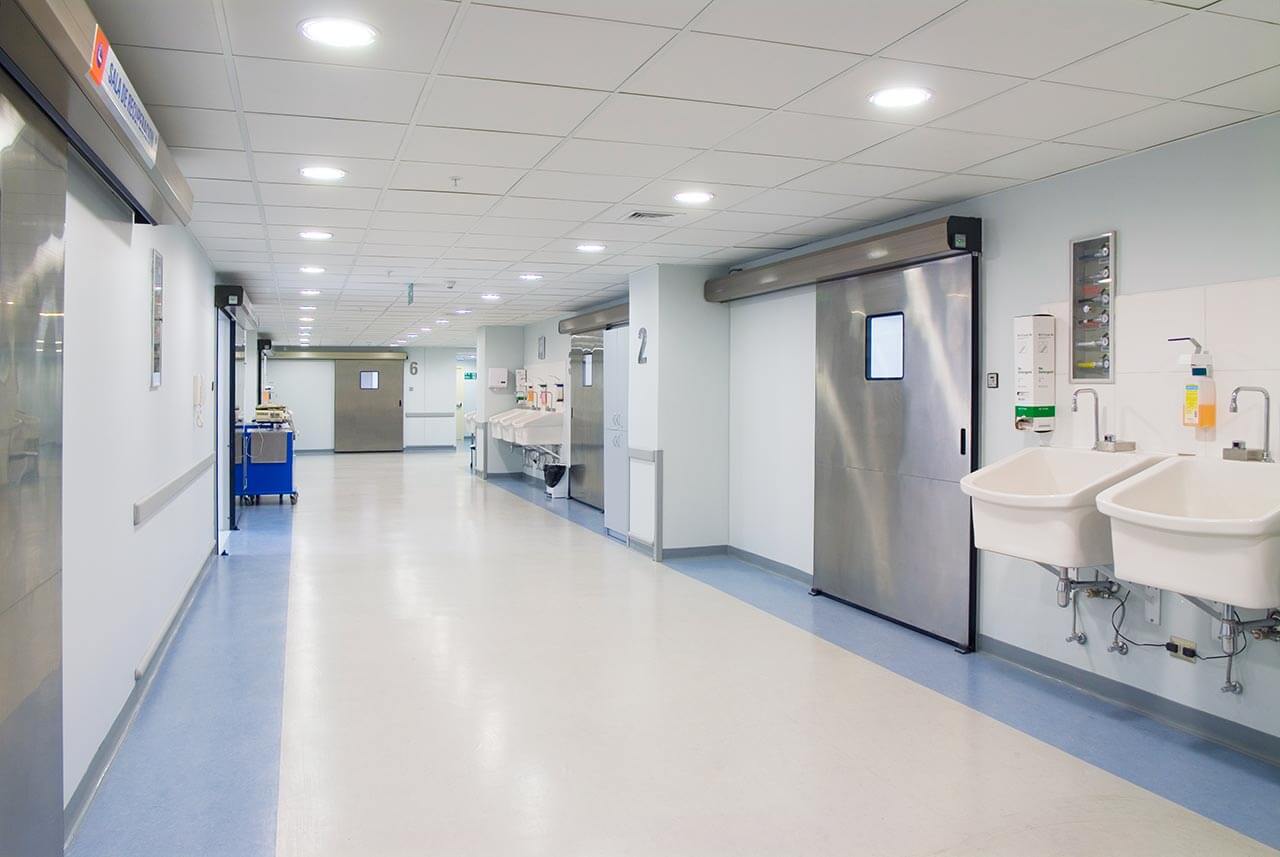
The program includes:
- Initial presentation in the clinic
- clinical history taking
- physical examination
- laboratory tests:
- complete blood count
- biochemical analysis of blood
- Lipid metabolism (HDL/LDL, cholesterol,
triglycerides Lip(a), homocysteine) - blood coagulation analysis (aPTT, PT, INR)
- inflammation indicators (CRP, ESR)
- metabolic status (uric acid, total glucose, HbA1c)
- cardiovascular disease risk markers
- kidney function test (creatinine, urea)
- TSH
- doppler/ duplex receptacles of lower extremities
- angio-MRI from aorta and of lower extremities
- duplex peripheral arteries
- preoperative care
- necrectomy and skin transplantation
- daily wound care
- vacuum dressing treatment
- symptomatic treatment
- control examinations
- the cost of essential medicines and materials
- nursing services
- full hospital accommodation
- developing of further guidance
Required documents
- Medical records
- US scan, MRI/CT scan (if available)
Service
You may also book:
 BookingHealth Price from:
BookingHealth Price from:
About the department
The Department of General and Abdominal Surgery, Hernia Surgery, Endocrine, Hepatopancreatobiliary, Colorectal, Bariatric, Vascular and Pediatric Surgery at the University Hospital Saarland Homburg provides the full range of services in these medical fields. The highly qualified team of the department's surgeons specializes in performing operations of any degree of complexity in the treatment of pathologies of the liver, pancreas, gallbladder, and bile ducts, and diseases of the colon, rectum, and anus, as well as endocrine disorders. The department also performs all modern interventions for vascular pathologies, including aneurysms, carotid stenosis, and intermittent claudication. Patients with morbid obesity can undergo surgical treatment using the most modern and effective techniques. In addition, the medical facility employs experienced pediatric surgeons who provide surgical care to young patients. Operations are performed both on an inpatient and outpatient basis, in accordance with the best recommendations of professional societies. Doctors at the department's state-of-the-art operating rooms perform major interventions, navigation-guided surgery, and minimally invasive surgery to ensure fast recovery of patients.
The department is headed by Prof. Dr. med. Matthias Glanemann, who has performed many successful operations that saved numerous human lives. According to the reputable Focus magazine, the specialist has been ranked among the best surgeons in Germany in the fields of abdominal and hepatobiliary surgery for many years in a row.
The focus of abdominal surgeons is on patients with stomach and esophageal diseases. Doctors successfully perform operations to treat gastritis, stomach ulcers, gastrointestinal bleeding, stomach and esophageal cancer, esophageal diverticula, achalasia cardia, gastroesophageal reflux disease, and other pathologies. The early stages of the disease respond well to drug therapy and endoscopic treatment. The operation may be required for the advanced stages of the pathological process only. For example, gastrointestinal bleeding can often be controlled by endoscopic hemostasis, but if this method is ineffective, surgery is an unavoidable measure. If the cause of the bleeding is a benign disease, doctors treat it locally, but bleeding caused by cancer may require the removal of the entire stomach (gastrectomy). In the case of gastroesophageal reflux disease, drug therapy relieves symptoms and gives a good result, but a patient needs a lifelong intake of medications, so many patients choose surgery (Nissen fundoplication), which allows them to get rid of the pathology once and for all. Most surgical interventions are performed using minimally invasive techniques. The risk of postoperative complications is therefore reduced, and patients recover quickly.
General surgery is responsible for resecting skin and soft tissue tumors, surgery to treat peritonitis, and the implantation of port systems for chemotherapy. The medical facility has rich experience in surgery for soft tissue tumors such as malignant fibrous histiocytoma, liposarcoma, rhabdomyosarcoma, angiosarcoma, and gastrointestinal stromal tumors. In most cases, radical resections are performed, while amputations are extremely rare.
The department's therapeutic offer is complemented by hernia repair surgery. In their clinical practice, doctors most often deal with inguinal, femoral, and incisional hernias. The only available treatment for hernias is a surgical procedure. The specialists from the medical facility use both open surgical techniques and low-traumatic surgery. For example, to treat inguinal hernias, open Lichtenstein and Shouldice procedures can be performed, but laparoscopic surgery, in particular totally extraperitoneal (TEP) and transabdominal preperitoneal (TAPP), is preferred. The attending physician chooses the optimal type of intervention based on the specific clinical case.
The department's team of surgeons admits patients with endocrine disorders, namely diseases of the thyroid gland, parathyroid glands, and adrenal glands. The most common thyroid disorders include goiter, hypothyroidism, hyperthyroidism, thyroiditis, and cancer. In many cases, thyroid disorders can be eliminated by the intake of iodine supplements and hormone replacement therapy. The department's endocrine surgeons perform thyroid surgery only in the absence of any effect from drug therapy. The specialists perform minimally invasive interventions on the thyroid gland under general anesthesia. Depending on the severity of lesions, thyroid gland resection or total removal may be performed. When performing interventions, surgeons use intraoperative neuromonitoring systems to prevent damage to the vocal cords and voice disorders.
In the field of hepatopancreatobiliary surgery, doctors perform surgery to treat liver, gallbladder, bile duct, pancreas, and spleen diseases. The main focus of the department's work is the provision of medical care to patients with benign and malignant liver pathologies. The surgeons have a perfect command of modern techniques for resecting hemangiomas, adenomas, cystadenomas, liver cysts, and abscesses. Doctors have vast experience in treating malignant liver diseases such as hepatocellular carcinoma, cholangiocellular carcinoma, and rare liver neoplasms, including sarcomas, hemangiosarcomas, hepatoblastomas, and cystadenocarcinomas. Many benign liver diseases are amenable to endoscopic treatment, which eliminates the need for open surgery. As for liver cancer, it is almost impossible to do without the resection of a malignant tumor or partial resection of the organ.
The department's colorectal surgeons offer their services to patients with diseases of the small bowel (bowel obstruction, bowel infarction, Crohn's disease, and ulcerative colitis), colon and rectal pathologies (appendicitis, acute gastrointestinal bleeding, diverticular disease, and malignant tumors), and anal diseases (hemorrhoids, anal fistulas, fissures, abscesses, and malignant neoplasms). The specialists most often manage to perform low-traumatic surgical treatments, after which a patient does not require any long-term hospitalization.
The scope of tasks of the department's medical team includes operations to treat morbid obesity. Obesity surgery may be indicated for those patients who cannot get rid of excess weight with the help of diet therapy and physical activity. The department performs such modern minimally invasive interventions as intragastric balloon placement, gastric bypass surgery, gastric banding, and sleeve gastroplasty. The attending physician accurately examines a patient before the operation, assessing his general health condition, the advisability of the operation, and its expected results, after which the optimal type of surgical intervention is prescribed. Despite the fact that bariatric surgery allows patients to quickly get rid of excess weight, they should follow nutrition recommendations and do physical exercise to consolidate the result after surgery.
The department also offers surgical treatment of vascular diseases such as abdominal aortic aneurysms, carotid artery stenosis, intermittent claudication, diabetic foot syndrome, varicose veins, and other pathologies. The department's vascular surgeons cooperate closely with angiologists and specialists in interventional radiology, thanks to which patients can undergo comprehensive diagnostics and effective treatment of vascular diseases of any severity. As for the surgical treatment of vascular lesions, the department's doctors give preference to endovascular and hybrid surgical techniques. The specialists resort to open surgery in complex clinical cases only.
An integral part of the department's clinical practice is the admission of young patients who require surgical treatment. Children of all age groups can have operations performed on them, ranging from newborns to adolescents. Particular attention is paid to the repair of congenital malformations (esophageal and intestinal atresia, gastroschisis, omphalocele, etc.), operations for pectus excavatum and pectus carinatum, repair of inguinal and umbilical hernias, hydrocele, phimosis, and removal of soft tissue tumors. Many interventions are performed on an outpatient basis, that is, without hospitalization. In most cases, pediatric surgeons manage to perform low-traumatic treatment so that the child feels no pain and quickly recovers after surgery.
The department's range of medical services includes the following:
- General surgery
- Surgery to resect skin and soft tissue tumors
- Surgery to treat peritonitis
- Port system implantation for chemotherapy
- Abdominal surgery
- Surgery for stomach diseases
- Surgery for gastritis
- Surgery for stomach ulcers
- Surgery for gastrointestinal bleeding
- Surgery for stomach cancer
- Surgery for esophageal diseases
- Surgery for esophageal diverticulum
- Surgery for achalasia cardia
- Surgery for gastroesophageal reflux disease
- Surgery for esophageal cancer
- Surgery for stomach diseases
- Hernia repair surgery
- Surgery for inguinal hernias
- Surgery for femoral hernias
- Surgery for incisional hernias
- Endocrine surgery
- Surgery for thyroid diseases
- Surgery for goiter
- Surgery for hyperthyroidism
- Surgery for thyroiditis
- Surgery for thyroid cancer
- Surgery for parathyroid diseases
- Surgery for hyperparathyroidism
- Surgery for parathyroid cancer
- Surgery for adrenal diseases
- Surgery for pheochromocytoma
- Surgery for Cushing's syndrome
- Surgery for Conn's syndrome
- Surgery for thyroid diseases
- Hepatopancreatobiliary surgery
- Surgery for liver diseases
- Surgery for benign liver diseases: liver hemangiomas, adenomas, cysts, cystadenomas, abscesses, and echinococcosis
- Surgery for malignant liver diseases: hepatocellular carcinoma, cholangiocellular carcinoma, and rare liver neoplasms
- Surgery for gallbladder and bile duct diseases
- Surgery for cholecystitis
- Surgery for cholecystolithiasis
- Surgery for malignant tumors
- Surgery for pancreatic diseases
- Surgery for pancreatitis
- Surgery for pancreatic cancer
- Surgery for spleen diseases
- Surgery for abscesses
- Surgery for splenic lesions caused by hematological diseases
- Surgery for splenic metastases
- Surgery for liver diseases
- Colorectal surgery
- Surgery for small intestine diseases
- Surgery for intestinal obstruction
- Surgery for intestinal infarction
- Surgery for chronic inflammatory bowel disease (Crohn's disease and ulcerative colitis)
- Surgery for colon and rectal diseases
- Surgery for appendicitis
- Surgery for bowel obstruction
- Surgery for bowel perforation
- Surgery for chronic inflammatory bowel disease (Crohn's disease and ulcerative colitis)
- Surgery for ischemic colitis
- Surgery for colorectal cancer
- Surgery for anal diseases
- Surgery for hemorrhoids
- Surgery for anal abscesses and fistulas
- Surgery for anal fissures
- Surgery for genital warts
- Surgery for anal cancer
- Surgery for small intestine diseases
- Bariatric surgery
- Intragastric balloon placement
- Gastric bypass surgery
- Gastric banding
- Sleeve gastroplasty
- Vascular surgery
- Surgery for abdominal aortic aneurysms
- Surgery for carotid artery stenosis
- Surgery for intermittent claudication
- Surgery for diabetic foot syndrome
- Surgery for varicose veins
- Surgery for chronic non-healing wounds
- Surgery for dialysis access formation
- Pediatric surgery
- Neonatal surgery (newborn surgery)
- Surgical repair of congenital malformations: esophageal and intestinal atresia, gastroschisis, omphalocele, pectus excavatum, and pectus carinatum
- Surgery for urologic malformations in boys: hydrocele and phimosis
- Surgery for umbilical and inguinal hernias
- Surgery for soft tissue tumors (for example, lipomas), dermoids, atheromas, and cutaneous appendage tumors
- Plastic surgery (for example, scar revision and otoplasty)
- Other surgical options
Curriculum vitae
Higher Education and Postgraduate Training
- 1988 - 1995 Medicine studies at the Free University of Berlin.
- 05.1998 Doctoral thesis defense, Humboldt University of Berlin. Subject: "Use of interleukin-2 receptor antagonists BT563 for the prevention of rejection after orthotopic liver transplantation".
- 05.2005 Habilitation, Humboldt University of Berlin. Subject: "Conditioning of organs by mechanical and pharmacological means in case of thermal hepatic ischemia".
- 05.2011 Appointed as an Extraordinary Professor at the University Hospital Charite Berlin.
Professional Career
- 02.1996 - 04.2012 Work in the Department of General, Abdominal and Transplant Surgery, Campus Virchow, Charité University Hospital, Berlin.
- 10.2002 - 10.2002 Board certification in General Surgery.
- 06.2006 - 06.2010 Senior Physician, Department of General, Abdominal and Transplant Surgery, Campus Virchow, Charité University Hospital, Berlin.
- 10.2007 Board certification in General and Specialized Abdominal Surgery.
- 06.2010 - 04.2012 Managing Senior Physician and Deputy Head of the Department of General, Abdominal and Transplant Surgery, Campus Virchow, Charité University Hospital, Berlin.
- 04.2012 - 08.2013 Acting Head of the Department of General and Abdominal Surgery, Hernia Surgery, Endocrine, Hepatopancreatobiliary, Colorectal, Bariatric, Vascular and Pediatric Surgery at the University Hospital Saarland Homburg.
- Since 08.2013 Head of the Department of General and Abdominal Surgery, Hernia Surgery, Endocrine, Hepatopancreatobiliary, Colorectal, Bariatric, Vascular and Pediatric Surgery at the University Hospital Saarland Homburg.
Photo of the doctor: (c) Universitätsklinikum des Saarlandes
About hospital
The University Hospital Saarland Homburg is the largest hospital in the city of Homburg and the most important medical facility in the region. The hospital, which currently has 30 specialized departments and 20 institutes, was founded in 1947 and operates on the basis of Saarland University. The hospital plays a leading role in medical education, research, and medical care both in the state of Saarland and throughout Germany. With vast experience in serving foreign patients, the medical facility is also widely known in the international medical arena.
The pride of the hospital is state-of-the-art equipment that allows the doctors to perform high-precision comprehensive diagnostics and the most sparing treatment even if a patient has a severe pathology. Patients are offered innovative medicine based on the very latest scientific achievements. At the same time, the hospital offers many therapeutic methods that are used only in leading medical centers in Europe, including da Vinci robot-assisted surgery, CAR T-cell therapy, TAVI and MitraClip catheter-based procedures, innovative laser procedures, etc. Great importance is paid to ethical and social competence. The hospital is constantly improving the work of its medical personnel and infrastructure to provide medical services that meet the highest standards.
As a multidisciplinary medical complex, the hospital offers highly effective treatment of the full range of common diseases as well as rare and severe pathologies. The efforts of the medical staff, which includes over 600 doctors and 2,000 nurses, are focused on the patient and their unique needs and desires. The doctors always devote enough time to personal communication with their patients, provide them with moral support, and are sympathetic to every life situation.
Photo: (с) depositphotos
Accommodation in hospital
Patients rooms
The patients of the University Hospital Saarland Homburg live in comfortable single, double, and triple patient rooms with a modern design. Each room is equipped with an ensuite bathroom with a shower and a toilet, as well as everything else necessary: a comfortable bed, a bedside table, a TV, and a telephone. In addition, enhanced-comfort rooms and specially equipped rooms for people with disabilities are available for the patients.
Meals and Menus
The hospital offers healthy and delicious meals three times a day: buffet breakfast, dinner with a wide choice of dishes for every taste, and a light supper. The menu features dietary and vegetarian dishes. There is also a cafeteria on the territory where one can taste delicious dishes and have a cup of coffee, tea, or some refreshing drinks
Further details
The standard patient rooms include:
Religion
The hospital regularly hosts catholic and evangelical devine services. The services of representatives of other religions are available upon request.
Accompanying person
During an inpatient program, an accompanying person can stay with you in the patient room or in a hotel of your choice.
Hotel
During an outpatient program, you can stay in a hotel of your choice. The managers will help you choose the most suitable options.





